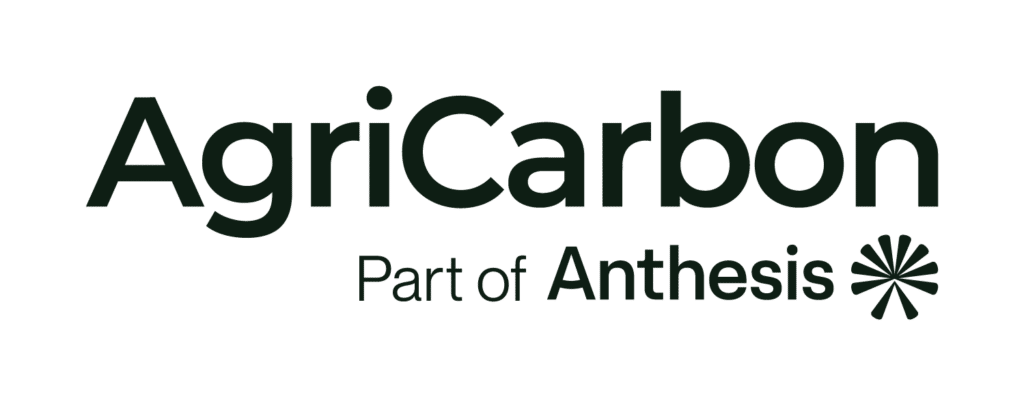FAQ
Find detailed answers to questions about the AgriCarbon programme below, and sign up for our newsletter here for updates on the programme.
Frequently asked questions
Carbon credits are quantified Greenhouse gas (GHG) emission reductions or removals that can be offset against your Carbon Tax liability, or as part of a voluntary carbon emissions management process for companies who want to reduce their overall emissions as part of their Net Zero strategy.
The mitigation outcomes from the programme are not currently incorporated into the countries Nationally Determined Contributions (NDC), this may change with further developments of Article 6.2 under the Paris Agreement.
Double counting / claiming will also be fleshed out in Article 6.2 as the corresponding adjustment mechanism will be incorporated into International Carbon Trading processes. It is also a requirement to demonstrate this during Validation and is monitored by VERRA throughout the project lifespan.
The payment rate for carbon credits is difficult to project because the carbon prices are constantly fluctuating, however we are anticipating that the South African Carbon Tax rate will reach $30 per ton by 2030. This will mean that carbon credits will be able to be sold for approximately 90% of that value in the Domestic Market.
The AgriCarbon team has engaged the State at the Western Cape Government level as well as the National Government level with respect to programmes rolled out by the State in Conservation Agriculture. We continue to work with them in terms of developing their approaches and also incorporating farmers that have worked in their existing programmes into the AgriCarbon programme.
The South African Carbon Market is a legislated system, however the use of carbon credits under the Carbon Tax system is voluntary.
Constructive criticism around the carbon offset generation process is useful to Anthesis South Africa in terms of the consistent improvement and refinement of the carbon offset generation process, however, sensationalised journalism is not constructive towards the future development of the market.
Methodologies that are recognised by the South African state are limited to the CDM, Gold Standard, VERRA Voluntary Carbon Standard and the key development mechanism methodologies and a national standard still under development with respect to revenue status. The farmers enrolled in the first round of the programme will receive an initial payment of $11.55 (approx. R200) per carbon credit which is above the projected price of $10 for this initial issuance.
It is a combination of emissions reductions achieved on the farm as well as quantifying the sequestrations that is generated from the increase in Soil Organic Carbon (SOC) which we measure through soil sampling. The market price varies in accordance with market demand.
A primary area of research should be into the role of micro-organisms in the transformation of soil organic matter into Soil Organic Carbon (SOC).
Depending on the use of photovoltaics the energy efficiency improvement can be incorporated into the programme.
All potential credits from the first enrolment round have been contracted, but future issuances may be available. We welcome enquiries to this effect. Once the credits are finalised and issued by Verra, the farmers will be paid their share of the sales price of the final issued amount.

